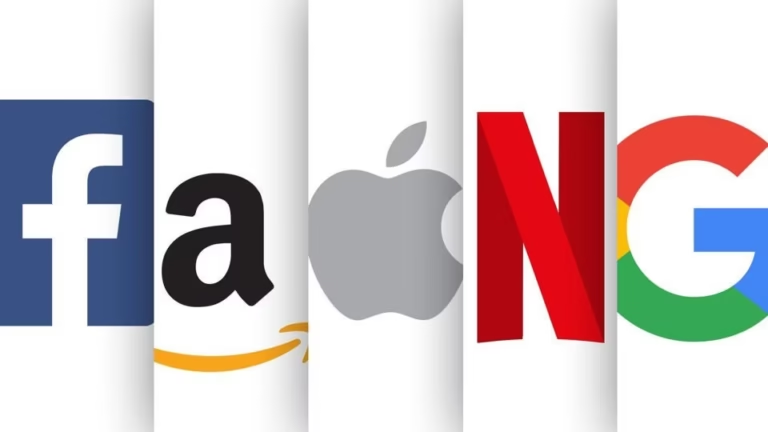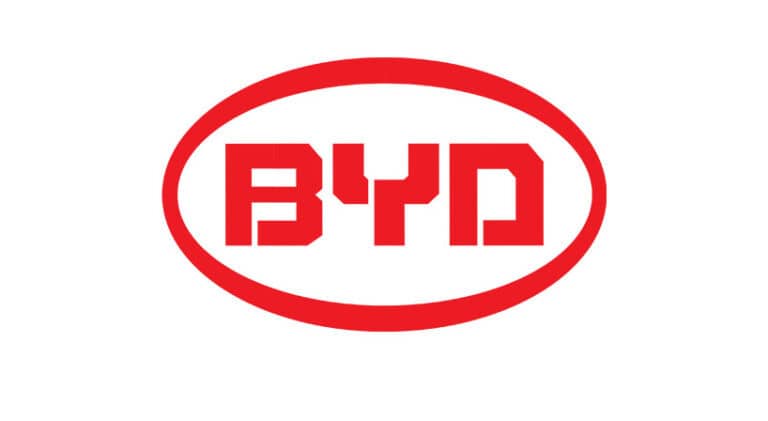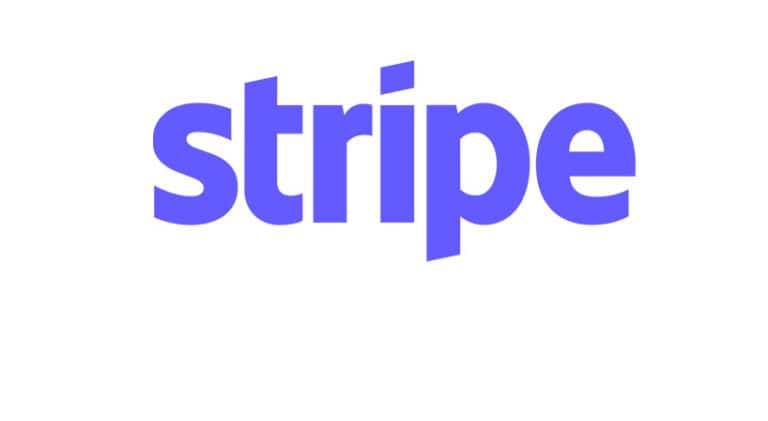1.The Essential Role of Coding in Machine Learning Interviews
For machine learning (ML) engineers aspiring to land roles at top-tier tech companies like FAANG (Facebook, Amazon, Apple, Netflix, Google), as well as innovative firms like OpenAI and Tesla, coding skills are crucial. These companies don’t just evaluate your theoretical knowledge—they expect you to demonstrate strong coding abilities in real-world scenarios.The coding challenges in a machine learning coding interview often involve complex data manipulations, algorithm implementation, and optimization tasks that go beyond the typical problems found on LeetCode.
Why It Matters:
Coding proficiency is a key factor in securing ML roles at prestigious companies.
Interview questions often require applying ML concepts to practical coding challenges.
Mastery of these skills can make you stand out in a competitive job market.
2. Common Coding Patterns in Machine Learning Interviews
Understanding the types of coding challenges you’ll face is essential for success. Below are some of the most common patterns in ML interviews, along with examples of how FAANG companies, OpenAI, and Tesla assess these competencies.
a. NumPy Array Manipulations
Why It’s Important:NumPy is the backbone of numerical computing in Python, making it essential for ML engineers to handle data efficiently. You might be tasked with manipulating large datasets, performing statistical analysis, or optimizing data transformations.
Example Interview Question:Given a dataset of user activity logs, use NumPy to compute key statistics such as the mean, variance, and frequency distribution of user interactions.
How Companies Approach It:
Google: Expects you to optimize data processing for large-scale applications, like search and ads.
Facebook: Focuses on real-time data processing and optimization for features like the news feed.
Tesla: Values efficiency in handling sensor data critical to autonomous vehicle systems.
b. Data Preprocessing
Why It’s Important:Data preprocessing is a fundamental step in any ML pipeline. You’ll often need to clean, normalize, or transform raw data before feeding it into a model.
Example Interview Question:Develop a function to preprocess a dataset, including handling missing values, normalizing numerical features, and encoding categorical variables.
How Companies Approach It:
Amazon: Looks for your ability to preprocess and manage large datasets for personalized recommendations.
Apple: Prioritizes accurate data processing for health and fitness tracking applications.
OpenAI: Focuses on preprocessing data to enhance model performance, particularly in NLP and reinforcement learning.
c. Implementing Core ML Algorithms from Scratch
Why It’s Important:Being able to implement machine learning algorithms from scratch demonstrates a deep understanding of the underlying principles. This is often tested in interviews to assess your problem-solving skills and adaptability.
Example Interview Question:Write a k-means clustering algorithm from scratch and apply it to segment customer data based on purchasing behavior.
How Companies Approach It:
Netflix: Emphasizes the ability to create and optimize algorithms for recommendation systems.
Tesla: Focuses on the real-time application of algorithms in autonomous systems.
Google: Prioritizes scalability and efficiency in implementing algorithms for large datasets.
3. Top Resources for Machine Learning Coding Interview Preparation
While LeetCode is a popular resource, it’s not always sufficient for ML-specific coding challenges. Here are some other resources to help you prepare effectively:
Interview Cake: Provides detailed explanations and challenges that are particularly useful for understanding ML concepts in depth.
ML-Focused Platforms: Sites like StrataScratch and Interview Query specialize in data science and ML problems, offering practice that mirrors real-world scenarios.
Open-Source Contributions: Engaging with ML projects on GitHub can give you practical experience and expose you to the kinds of challenges faced in top tech companies.
4. Sample Machine Learning Coding Questions by Company
Let’s explore some real examples of ML coding interview questions that have been asked at top companies:
a. Google
Question: Implement a logistic regression model from scratch, focusing on optimizing it for large datasets.
Focus: Efficiency and scalability.
b. Facebook
Question: Design an algorithm to detect communities within a social graph using an approach like Louvain or Girvan-Newman.
Focus: Graph algorithms and performance optimization.
c. Amazon
Question: Create a collaborative filtering recommendation system. Address challenges related to sparse data and scalability.
Focus: Recommendation systems and handling large datasets.
d. Apple
Question: Implement a decision tree classifier and apply it to a health-related dataset. Discuss how to enhance model accuracy and interpretability.
Focus: Model interpretability and optimization.
e. Tesla
Question: Write an algorithm to process sensor data for autonomous driving. Ensure the solution performs efficiently in real-time scenarios.
Focus: Real-time data processing and system efficiency.
f. OpenAI
Question: Develop a reinforcement learning algorithm from scratch and apply it to a simple environment. Discuss how to scale it for more complex tasks.
Focus: Reinforcement learning and scalability.
5. Expert Tips for Efficient Coding in ML Interviews
To excel in coding interviews, follow these expert tips:
a. Clarity
Tip: Clearly articulate your thought process before you start coding. Use meaningful variable names and structure your code for readability.
b. Modularity
Tip: Break down your solution into modular components or functions. This approach helps in debugging and enhances code reusability.
c. Handling Edge Cases
Tip: Always think about edge cases—consider what might break your code or lead to unexpected results. This attention to detail can impress interviewers.
6. Call to Action: Share Your Favorite ML Coding Resources!
We’ve covered the essential coding skills needed to crack ML interviews at top tech companies. Now, it’s your turn—what are your favorite resources for ML coding interview preparation? Share them in the comments below and help others on their journey to success!
Mastering ML Coding Interviews for Top Tech Jobs
Preparing for an ML coding interview at companies like Google, Facebook, Tesla, or OpenAI requires a targeted approach. By focusing on the specific challenges these companies present, practicing with the right resources, and honing your coding skills, you can significantly improve your chances of success. Stay focused, keep practicing, and good luck on your interview journey!






